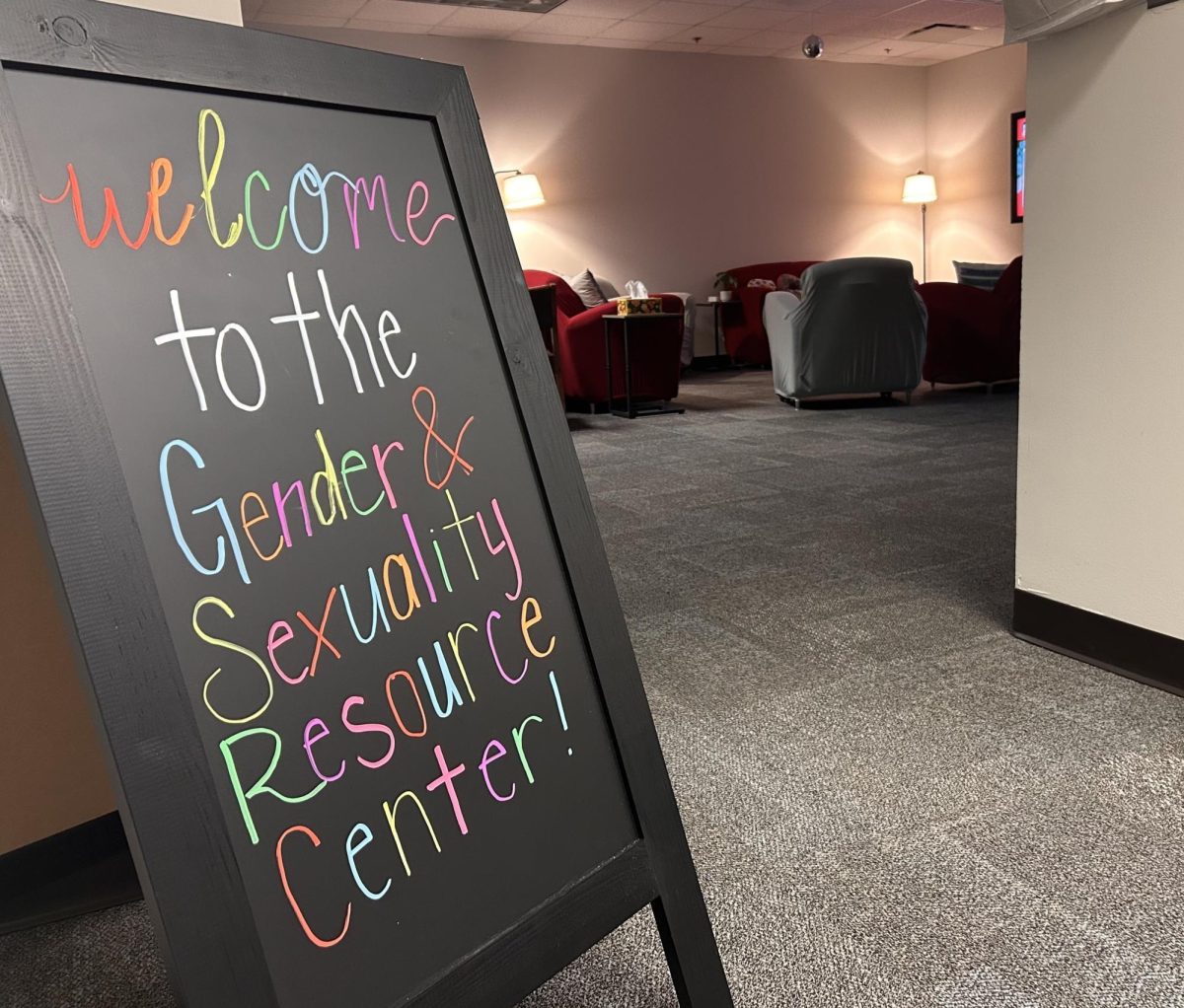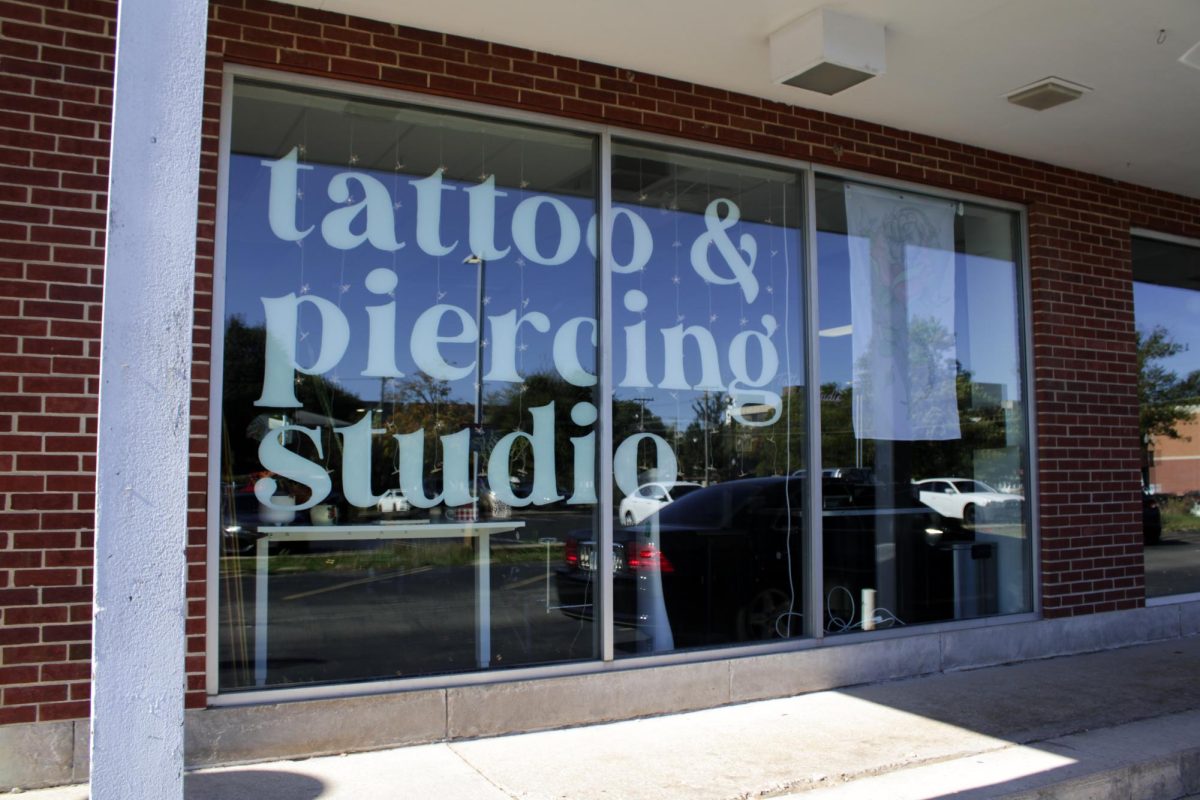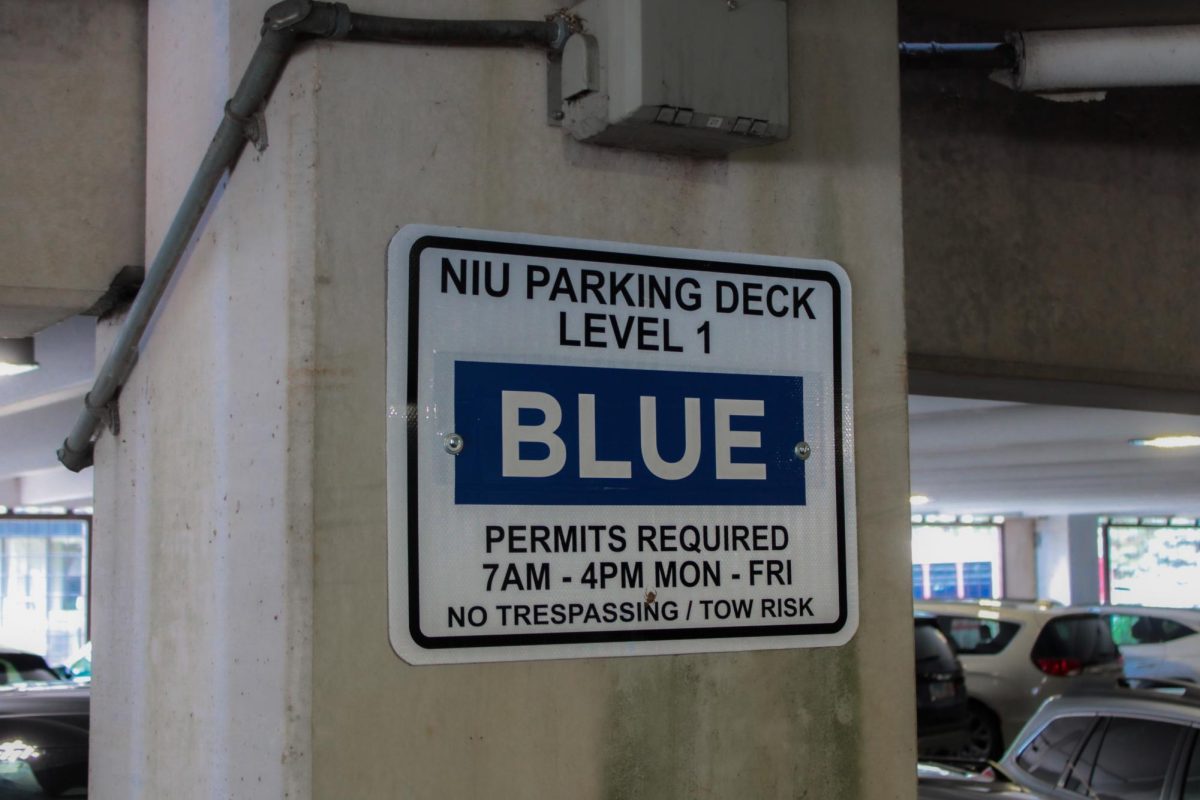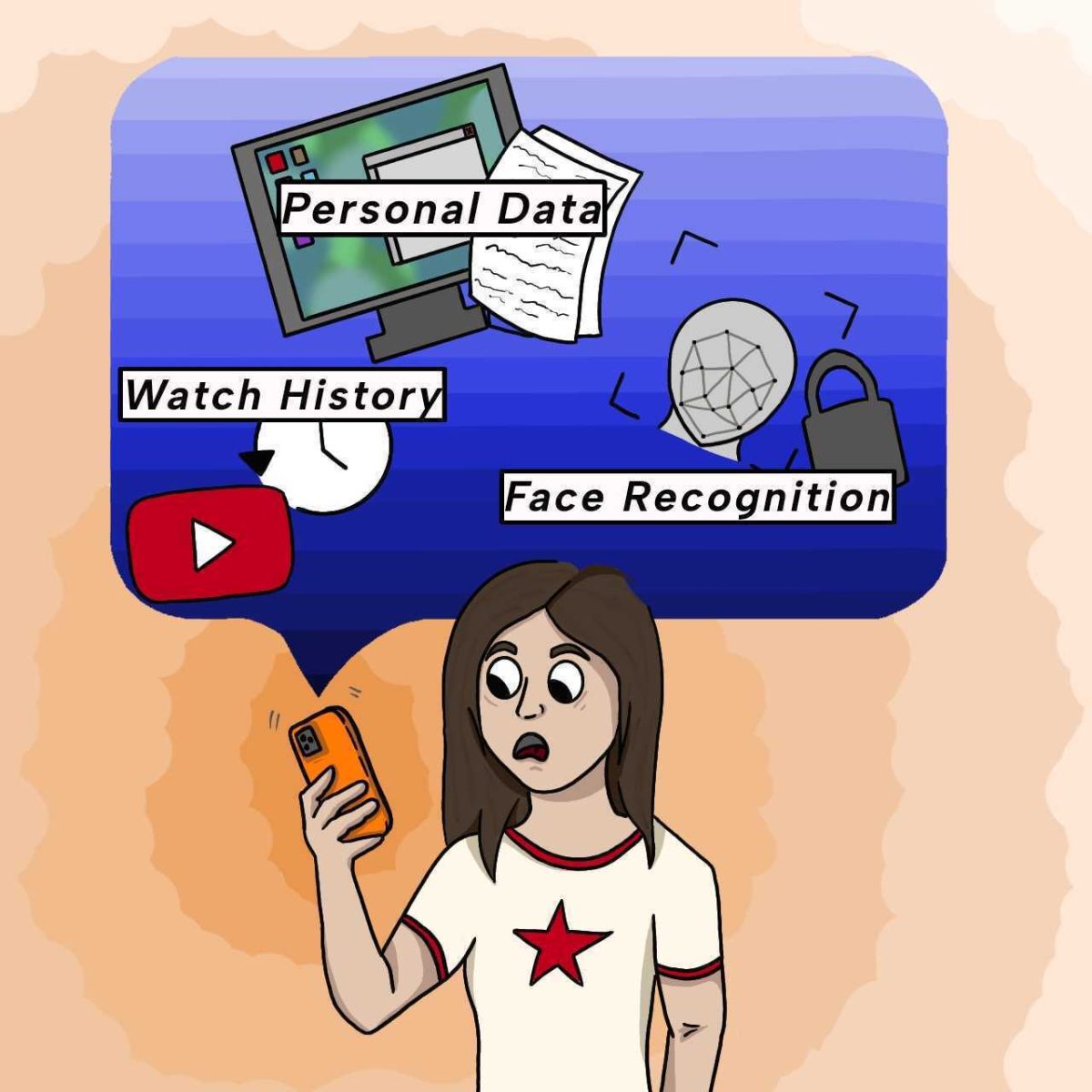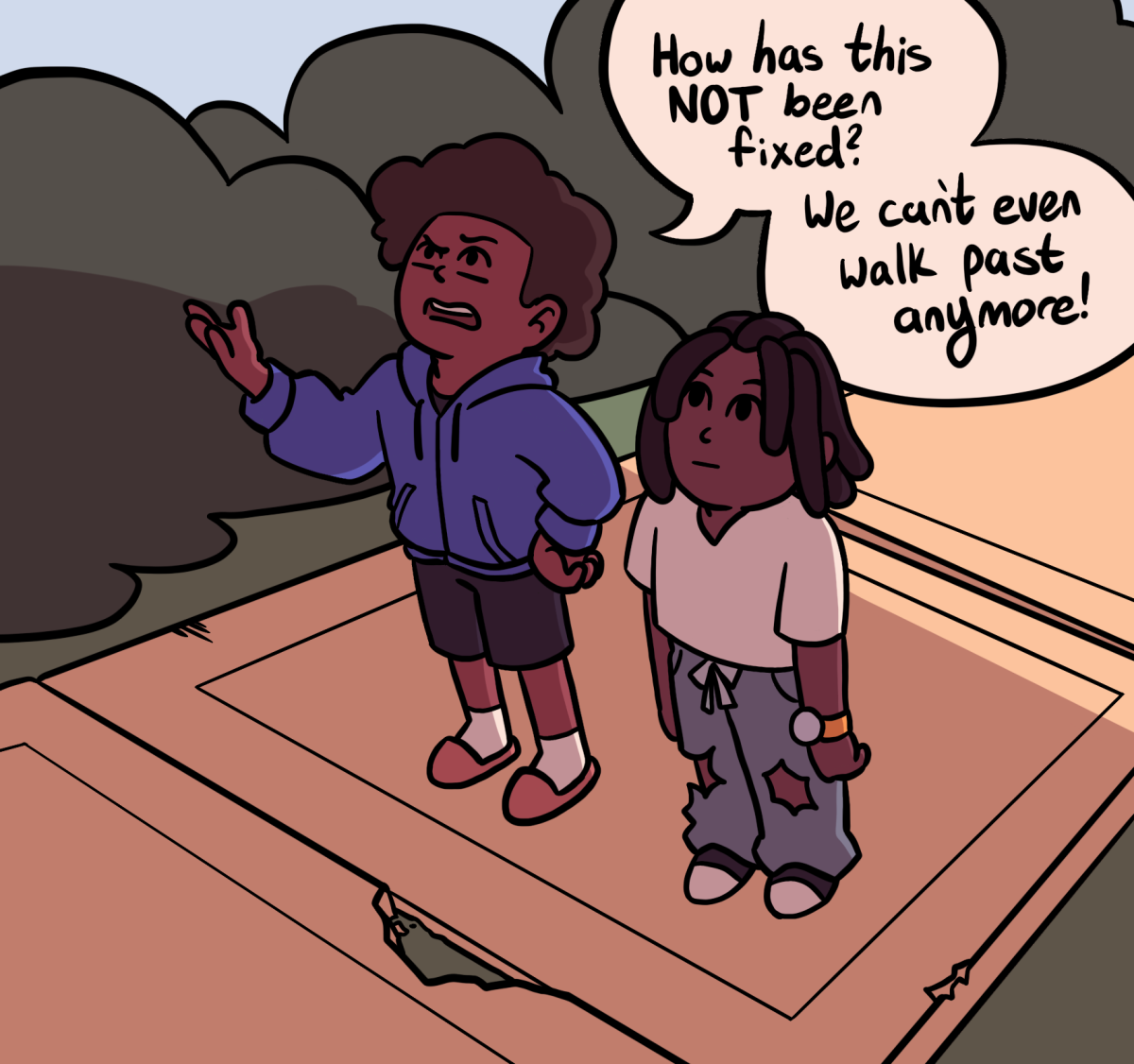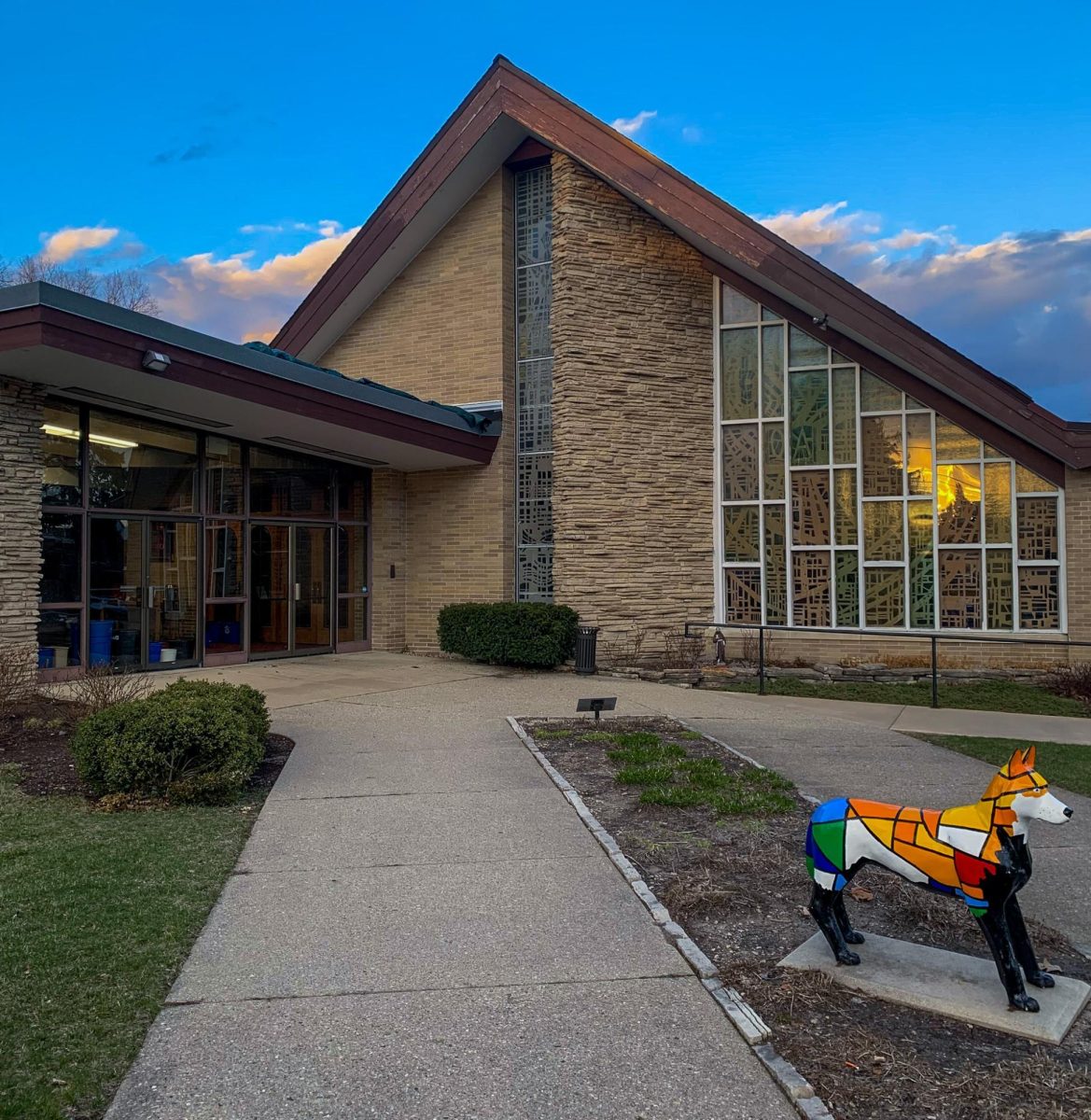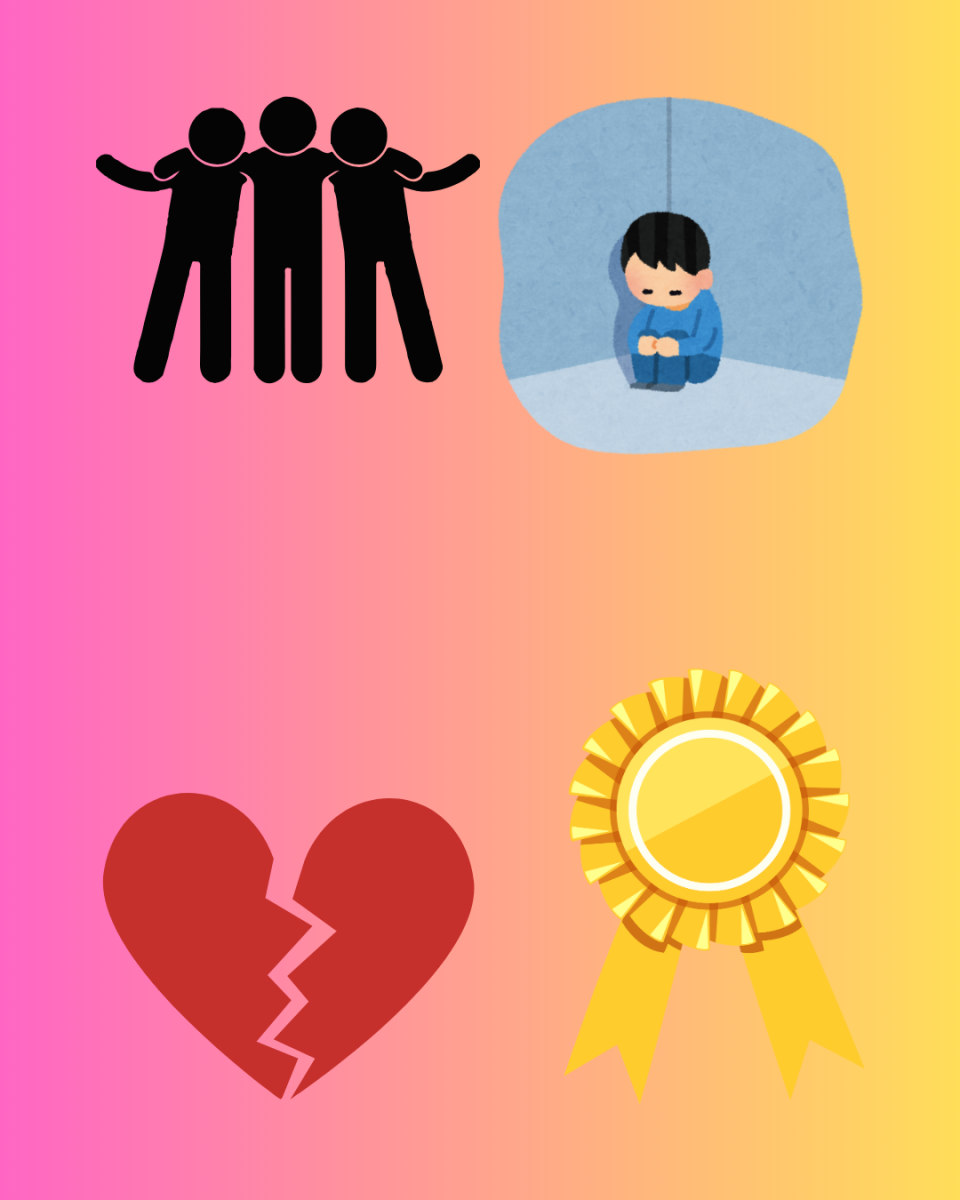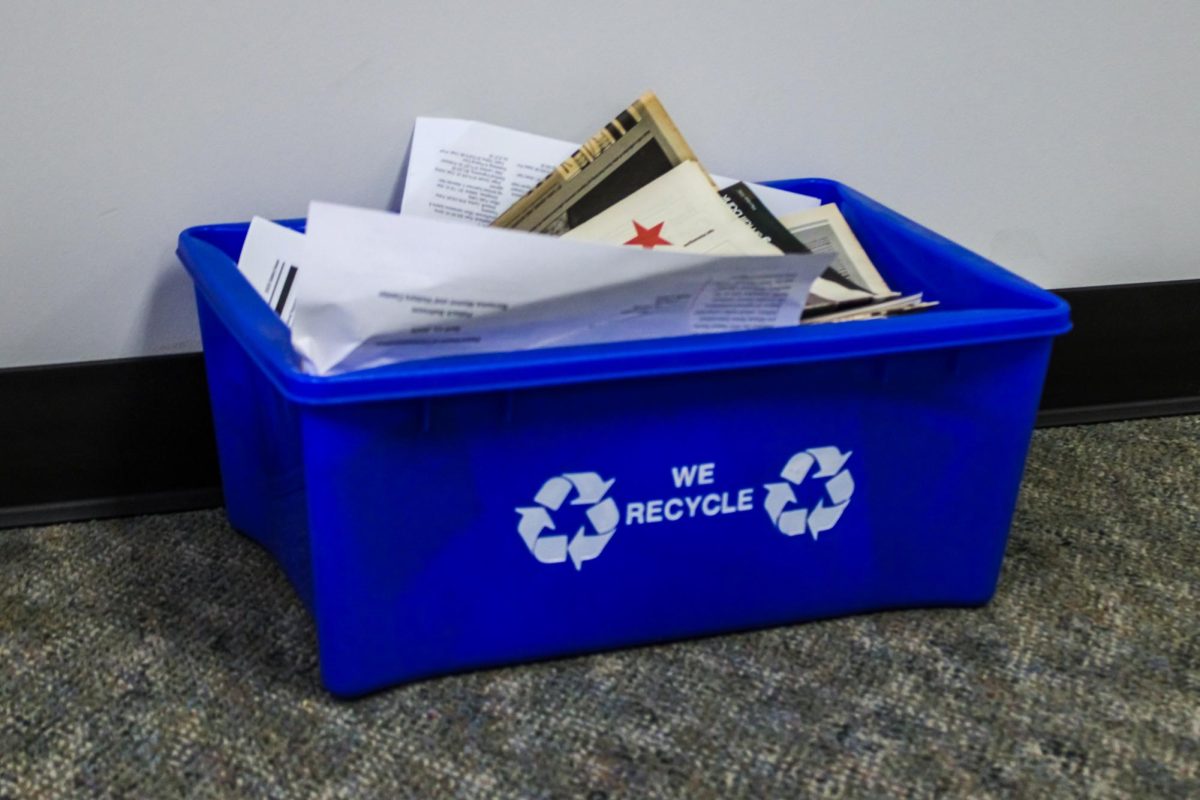NIU has a diverse student body that serves as a melting pot for a variety of different backgrounds and walks of life. While the university provides an essential space for individuals to pursue their career ambitions, it also provides a supportive environment for students to find and express their authentic selves.
However, for LGBTQ+ students, the freedom to express oneself has been the direct target of scrutiny and marginalization from President Donald Trump and his administration. Since the beginning of Trump’s second term, the president has wasted no time in issuing seven executive orders that directly targeted the LGBTQ+ community and sought to strip away previous protections and rights that affirm one’s authentic self.
The series of targeted executive orders began Jan. 20, when Trump passed an executive order that includes a requirement for the State Department to stop issuing passports or visas that reflect a transgender individual’s gender and to categorize them by their assigned gender at birth.
On Jan. 29, Trump released another executive order threatening to cut federal funding to K-12 schools and corresponding teacher education programs that support the instruction and advancement of exploring one’s gender identity. The order also threatened institutions that implemented policies that gave groups of a specific identity special provisions and treatment.
In addition to these directives, the Trump administration’s apparent disdain towards the LGBTQ+ population was made most evident on July 17, when the administration terminated the 988 Suicide & Crisis Lifeline for LGBTQ+ youth. According to its CEO, the service provided over 1.5 million LGBTQ+ youth with crucial suicide prevention services and support.
Despite these discriminatory actions taken by the Trump administration, NIU has taken all the possible steps to implement and provide various campus resources that directly support LGBTQ+ students and promote a discrimination-free environment while studying at NIU.
NIU has the Gender and Sexuality Resource Center (GSRC), which aims to provide additional support by centering their efforts around community education and providing a safe space to connect with other students and LGBTQ+ allies.
Molly Holmes, the director of the GSRC, explained the GSRC seeks to continue efforts to support LGBTQ+ students.
“One of the things that we’ve done since 1998 is our LGBTQ+ ally training that actually predates the establishment of our center,” Holmes said. “And the reason why that happened is because students, faculty and staff wanted to learn more about how they could show up an allyship for LGBTQ+ individuals in the classroom, in their offices, in their residence halls. And so one of the best things we can do for our students in the here and now is to continue that program.”
Holmes also described how the GSRC’s ally training provides a tangible way for allies to show their support for the LGBTQ+ community.
“After someone completes our LGBTQ+ ally training program, they get a placard that they can put on their door, or they can use a virtual placard if they have virtual office hours,” Holmes said. “And so that’s one of the things that we feel not only has a history at NIU, it’s something that we’ve been recognized for.”
While the GSRC has already made a substantial impact in showing their support for the LGBTQ+ population on campus, Holmes expressed that the accessibility of their resources and services is something unique to NIU and is vital in times of uncertainty.
“Our space is a lot more accessible than it ever was before in terms of where students can find it,” Holmes said. “Showing up, being consistent, being here day in, day out is something that students who are navigating a lot of things for the first time have really talked to us about – how it matters that maybe I didn’t have a question today, but if I do tomorrow, I know where to go. And I think that’s something that is unique to NIU, and that consistency in providing this kind of support is also really important in times of uncertainty.”
In addition to the GSRC, the university also offers Prism, which is the official LGBTQ+ student organization on campus. Prism hosts a variety of student-led social events, such as Queer Prom, throughout the semester. Prism works directly with the GSRC and other campus organizations to further support LGBTQ+ students and their allies through education and by providing a relaxing environment to connect.
Danielle Broege, a senior English major and an executive board member of Prism, detailed the resources and events the organization provides to all students.
“We do our social events, and that is to build community within the LGBTQ+ community at school, so we try to build community there,” Broege said. “Then we also are going to start hosting events that are more academic. In the spring, we’re going to do a queer sex education so students can be aware of different aspects of queer sex ed.”
Ash Froehle, a senior communications major and executive board member of Prism, spoke on behalf of the organization’s success since the beginning of this academic year.
“I have absolutely noticed a growing presence of LGBTQ+ presence here at NIU,” Froehle said. “Prism, the student-run organization, is getting groundbreaking attendance numbers. And even after the event fair, there’s still good numbers for that.”
Froehle said NIU is a safe place for LGBTQ+ students, citing the growing LGBTQ+ support and presence on campus from those within the community and allies alike.
“I would say it’s a safe place because there is a large enough community of LGBTQ+ members where if there is a danger, something can be heard and something can be done about it,” Froehle said. “I think the safety and strength comes from numbers, comes from the community that we have here and it also comes from the engagement of that people, the quantity and the quality.”
While the Trump administration will likely continue to target the LGBTQ+ community with various discriminatory policies and executive orders, NIU and its vibrant community have proven they will stand strong and back our LGBTQ+ students to ensure they are free to express their authentic selves.


